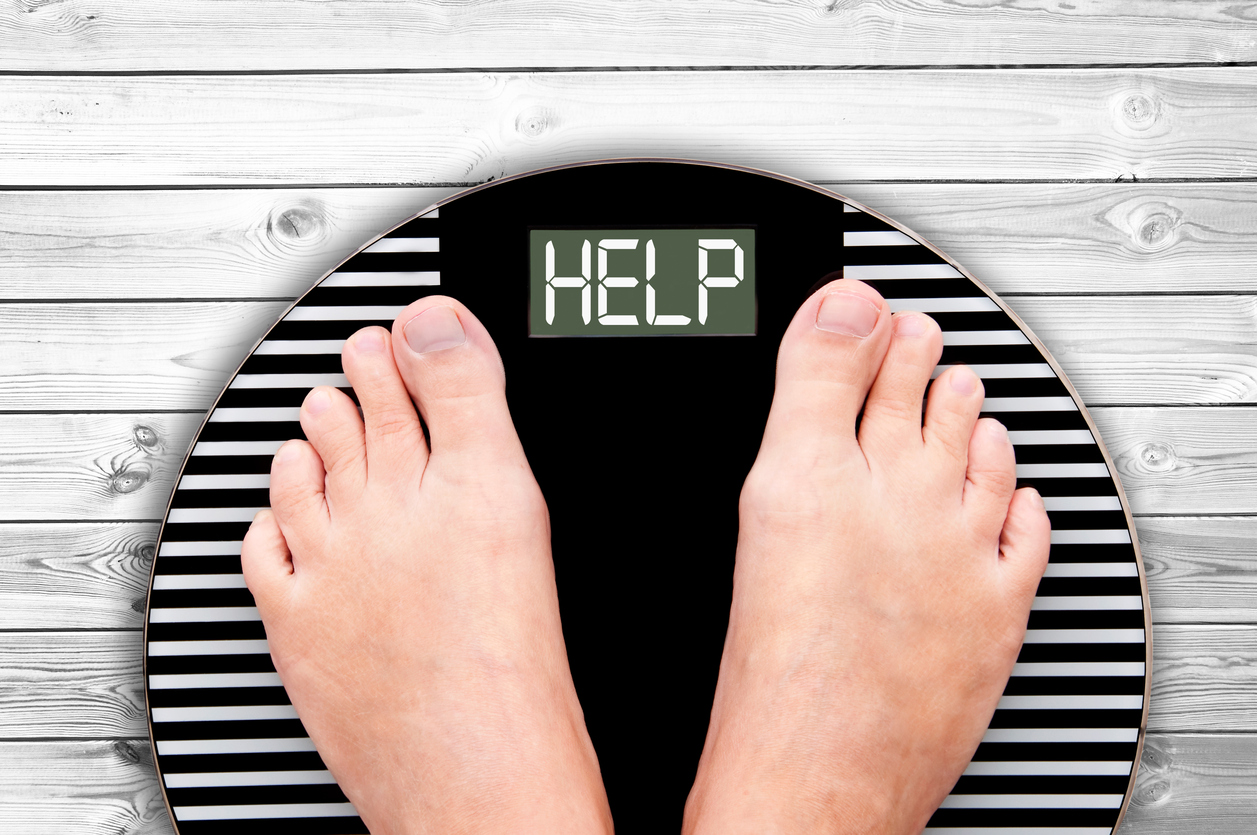Weight Loss: The “Wonder Drug” For Incontinence
Key Messages
- The rate of obesity in Australia is scarily high, and continuing to rise
- Obesity increases the risk of stress, urge, and mixed urinary incontinence in men and women
- Research shows losing weight can lead to a reduction or cure of incontinence
Australians are getting fatter, with 7 in 10 Australian men, 1 in 2 women and 1 in 4 children now being overweight or obese. Unfortunately these numbers are continuing to rise. Dr Lucy Bates, Urogynaecologist at Westmead Hospital in Sydney, recently presented at the Continence Foundation Australia NSW State Meeting, exploring the relationship between obesity and incontinence, and what we can do about it.
Are Obesity And Incontinence Related?
The link between obesity and incontinence is now well established in the literature. With each 5-unit increase in BMI, the risk of incontinence increases by a staggering 20-70%1. The EpiLUTS study, a large population-representative study in the USA, UK and Sweden, found overweight and obese men and women are significantly more likely to report urinary incontinence (UI) than their healthy weight counterparts2.
Overweight and obese men were more likely to have urgency urinary incontinence (UUI) or other types of incontinence (eg. post micturition dribble) and women were more likely to have stress urinary incontinence (SUI). The association between UI and obesity was highest for mixed urinary incontinence (MUI), with this occurring in 82% of men and 77% of women2.
How Does Obesity Effect Incontinence?
Dr Bates discussed that the main cause is the rise in intra-abdominal pressure that comes with central adiposity. This increased pressure in the abdomen leads to:
- Damage to the pelvic floor and neurovascular structures
- Increased intravesical pressure
- Increased urethral mobility
Additionally, the results of the EpiLUTS study suggest there is likely more to it than purely a mechanical stress, particularly in respect to UUI. A possible theory is that systemic changes from obesity, such as oxidative stress and chronic insulin resistance, lead to vascular damage to the pelvic floor, and dysfunction of the urethral sphincter muscles and bladder3.
Does Losing Weight Help?
In short – absolutely YES. One study of 338 obese women with overactive bladder found a reduction in UI by up to 47% following a 6-month structured weight loss program1. Another study of 68 obese men found a reduction in lower urinary tract symptoms with ≥ 10% reduction in weight after an 8-week program4.
Bulbuller and colleagues studied the effect of bariatric surgery on incontinence, and reported UI being cured in 38% of patients 6 months after surgery. When broken down to sub-groups of UI, they reported SUI being cured in 61% of patients, UUI cured in 39% of patients, and MUI cured in 25% of patients5.
Weight Loss: The Wonder Drug
The evidence is very convincing that obesity and UI are linked, and losing weight will help reduce incontinence. Although it can be uncomfortable and awkward discussing weight loss with patients, it is an evidence-based treatment method that has no side effects – only positive benefits. Why wouldn’t we recommend this to all of our patients?
“If we had a pill that conferred all the confirmed health benefits of exercise, would we not do everything humanly possible to see to it that everyone had access to this wonder drug? Would it not be the most prescribed pill in the history of mankind?” (Sallis, 2009)
References
1Subak, L., Richter, H & Hunskaar, S. (2009). Obesity and urinary incontinence: epidemiology and clinical research update. J Urol, 182(6 Suppl), S2-S7.
2Khuller, Sexton, Thompson, Milsom, Bitoun, & Coyne (2014). The relationship between BMI and urinary incontinence subgroups: Results from EpiLUTS. Neurourology & Urodynamics, 33, 392-399.
3Townsend MK, Curhan GC, Resnick NM, et al. BMI waist circumference, and incident urinary incontinence in older women. Obesity 2008; 16:881–6.
4Khoo, Piantadosi, Worthley, & Wittert (2010). Effects of a low-energy diet on sexual function and lower urinary tract symptoms in obese men. International Journal of Obesity, 34, 1396-1403.
5Bulbuller et al. (2017). Effects of bariatric surgery on urinary incontinence. Ther Clin Risk Manag, 13, 95-100.
August 2018





